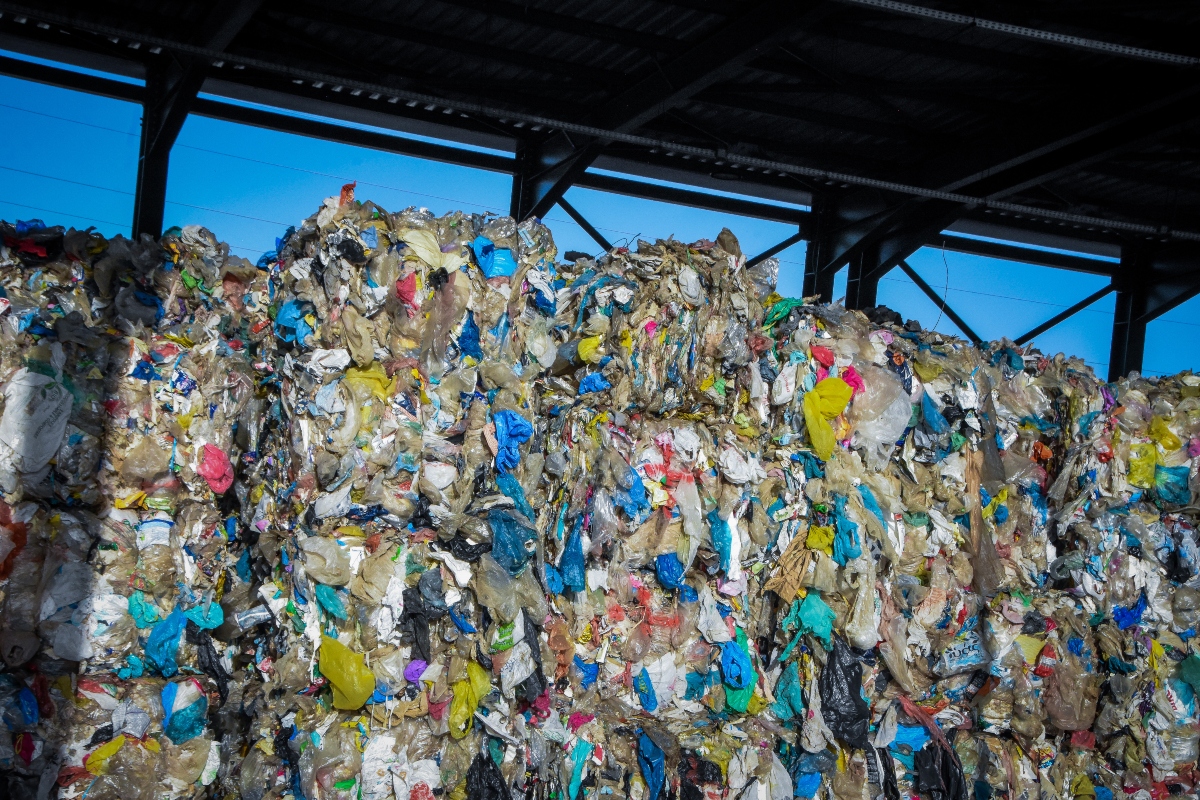A Longstanding Environmental Violation
After more than a decade of warnings and legal proceedings, the Court of Justice of the European Union (CJEU) ruled that Greece has failed to comply with a 2014 judgment ordering it to cease operations and rehabilitate the Zakynthos landfill.
The Court ordered Greece to pay a €5.5 million lump-sum fine to the European Commission and an additional €12,500 for each day of continued non-compliance, underscoring the seriousness of the violation.
According to the ruling, the landfill — located inside the Zakynthos Marine National Park — had long exceeded its capacity and continued to operate in breach of EU waste management directives, endangering both public health and the fragile coastal ecosystem.
The Case of the Caretta-Caretta
The marine park of Zakynthos is one of the most important nesting sites in the Mediterranean for the Caretta caretta sea turtle, a species strictly protected under European and international law. Environmental organizations have repeatedly denounced the landfill’s impact, warning that toxic waste and pollution threaten both marine life and local biodiversity.
Despite these concerns, the landfill continued to receive waste until the end of 2017 — three years after the initial court ruling. “Greece failed to take the measures required to comply with the 2014 judgment,” the CJEU noted, adding that the state neither adopted a valid rehabilitation plan nor ceased operations as mandated.
Years of Delays and Warnings
From 2014 to 2023, the European Commission exchanged multiple rounds of correspondence with the Greek authorities, urging immediate action to close and rehabilitate the site. In 2017, after concluding that progress was insufficient, the Commission issued a formal notice to Greece — the final step before legal action.
When compliance still failed to materialize, the Commission brought a new case before the Court in 2024, leading to the current judgment, which reaffirms Greece’s breach of EU environmental law.
The Court emphasized that by the critical date of June 28, 2017, Greece had not implemented any effective plan ensuring the landfill’s compliance with the EU Landfill Directive (1999/31/EC), nor had it terminated its operations.
A Pattern of Non-Compliance
In assessing the financial penalties, the CJEU cited not only the gravity of the environmental risk but also Greece’s repeated failure to enforce EU waste management laws.
The judgment notes that this is far from an isolated case: Greece has faced several infringement proceedings over illegal dumps and waste sites, reflecting long-standing structural problems in waste management and environmental enforcement.“The infringement poses a serious risk to the environment and human health,” the Court stated, stressing that persistent disregard for EU directives undermines both ecological protection and the Union’s legal authority.
Next Steps and Implications
The ruling means that Greece must now either complete the rehabilitation of the Zakynthos site or face accumulating daily fines until full compliance is achieved. The penalty — €12,500 per day — could quickly surpass the initial lump sum if delays continue.
Environmental advocates hailed the decision as a wake-up call for Athens. “It’s unacceptable that a UNESCO-protected marine park — home to one of the world’s most iconic species — continues to suffer from negligence,” said one Greek conservationist familiar with the case.
The Greek government has yet to issue an official response, but officials privately acknowledge that the case highlights the ongoing tension between economic interests, local waste management challenges, and the country’s environmental obligations under EU law.
Source: pagenews.gr
